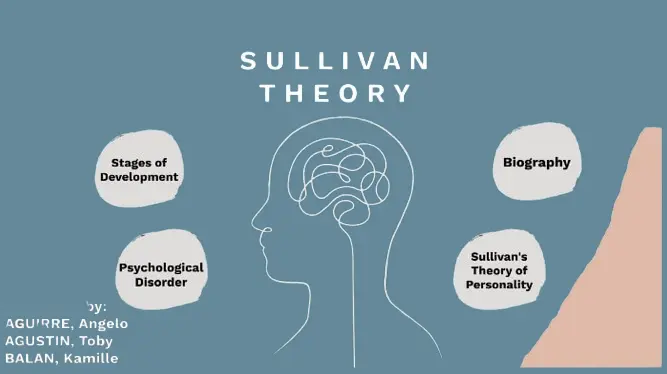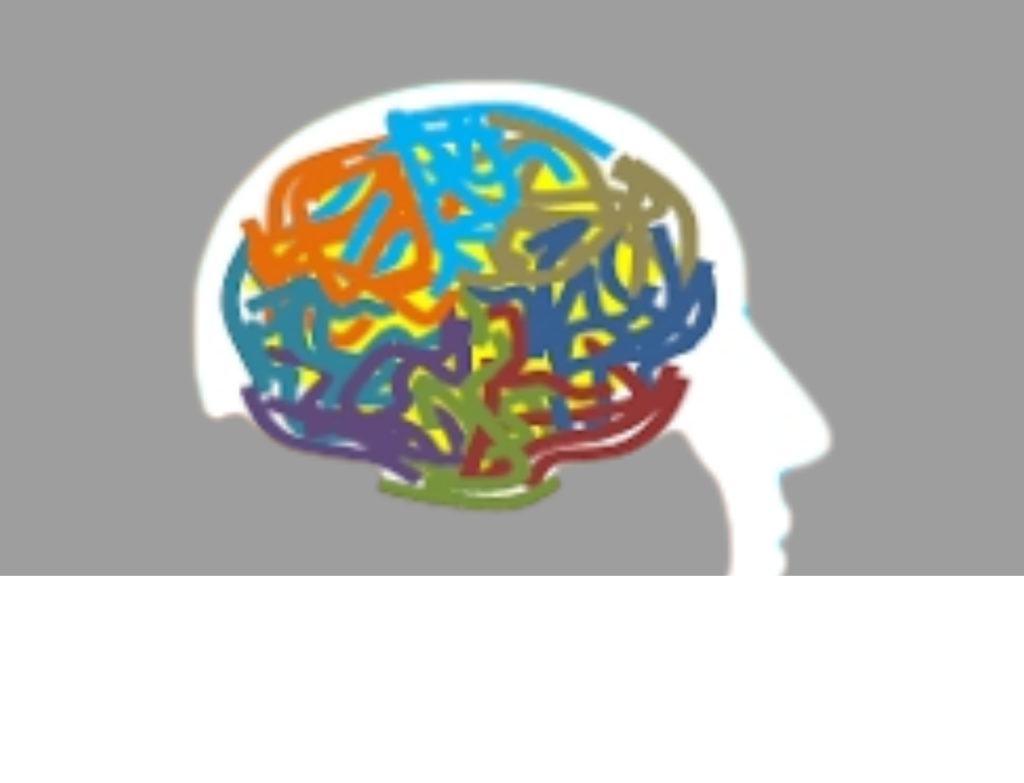Introduction
Self-isolation, whether voluntary or enforced, has become a common experience for many people worldwide. While isolation can protect physical health in times of crisis, it can also take a toll on mental well-being. Understanding the effects of self-isolation on mental health and adopting coping strategies can help individuals navigate this challenging period. This article explores the impact of self-isolation on mental health, common symptoms, and effective ways to maintain emotional well-being.
The Psychological Impact of Self-Isolation
Self-isolation can lead to a range of psychological effects, including stress, anxiety, loneliness, and depression. Humans are inherently social creatures, and prolonged isolation disrupts normal social interactions, leading to emotional distress. Some of the key mental health challenges associated with self-isolation include:

- Increased Anxiety and Stress: Uncertainty about the future, health concerns, and lack of social support can contribute to heightened anxiety.
- Depression and Mood Swings: Reduced social interaction and limited activities can lead to feelings of sadness and a lack of motivation.
- Loneliness: A lack of connection with others can lead to feelings of isolation and a diminished sense of belonging.
- Sleep Disruptions: Changes in routine and increased stress can negatively affect sleep patterns.
Recognizing the Signs of Mental Health Struggles
It is essential to recognize the signs of deteriorating mental health to take proactive steps toward self-care. Common indicators include:
- Persistent feelings of sadness or hopelessness
- Changes in sleep patterns, such as insomnia or oversleeping
- Difficulty concentrating or making decisions
- Loss of interest in hobbies or activities
- Increased irritability or mood swings
- Physical symptoms like headaches, fatigue, or digestive issues
Effective Coping Strategies for Mental Well-Being
While self-isolation can be challenging, adopting healthy coping strategies can help maintain mental health and well-being.
1. Establish a Daily Routine

Having a structured routine provides a sense of normalcy and purpose. Include designated times for work, exercise, meals, and relaxation. A consistent schedule can help regulate sleep patterns and reduce feelings of aimlessness.
2. Stay Connected with Loved Ones
Technology enables people to maintain social connections even during isolation. Regular video calls, phone conversations, and social media interactions can help reduce loneliness and improve emotional well-being.
3. Engage in Physical Activity
Exercise is beneficial for mental health as it releases endorphins, which can boost mood and reduce stress. Home workouts, yoga, stretching, or simple walks around the house can help maintain physical and emotional health.
4. Practice Mindfulness and Meditation
Mindfulness techniques, such as deep breathing, meditation, and progressive muscle relaxation, can help manage stress and anxiety. Setting aside a few minutes each day for mindfulness practices can enhance overall well-being.
5. Limit News Consumption

While staying informed is essential, excessive exposure to negative news can increase stress and anxiety. Set specific times to check the news and rely on credible sources to avoid misinformation and unnecessary worry.
6. Engage in Hobbies and Creative Activities
Engaging in hobbies such as painting, writing, cooking, or playing musical instruments can be therapeutic. Creative activities provide a positive distraction and a sense of accomplishment.
7. Maintain a Healthy Diet
Nutrition plays a vital role in mental health. Consuming a balanced diet with plenty of fruits, vegetables, proteins, and whole grains can improve energy levels and mood stability. Avoid excessive caffeine, sugar, and processed foods that may contribute to anxiety and mood fluctuations.
8. Seek Professional Help if Needed
If feelings of depression, anxiety, or distress become overwhelming, seeking professional help is essential. Online therapy, helplines, and mental health professionals can provide support and guidance during challenging times.
The Role of Self-Compassion in Mental Health
Being kind to oneself is crucial during self-isolation. Practicing self-compassion involves:
- Acknowledging emotions without judgment
- Accepting that it is okay to feel stressed or anxious
- Engaging in self-care activities
- Setting realistic goals and avoiding self-criticism
Conclusion
Self-isolation can be mentally challenging, but adopting proactive coping strategies can significantly improve well-being. By maintaining a routine, staying connected, engaging in physical activity, and practicing mindfulness, individuals can safeguard their mental health. Recognizing the signs of mental distress and seeking professional help when needed are also vital steps toward emotional resilience. Prioritizing mental well-being during self-isolation can lead to a healthier, more balanced life.



